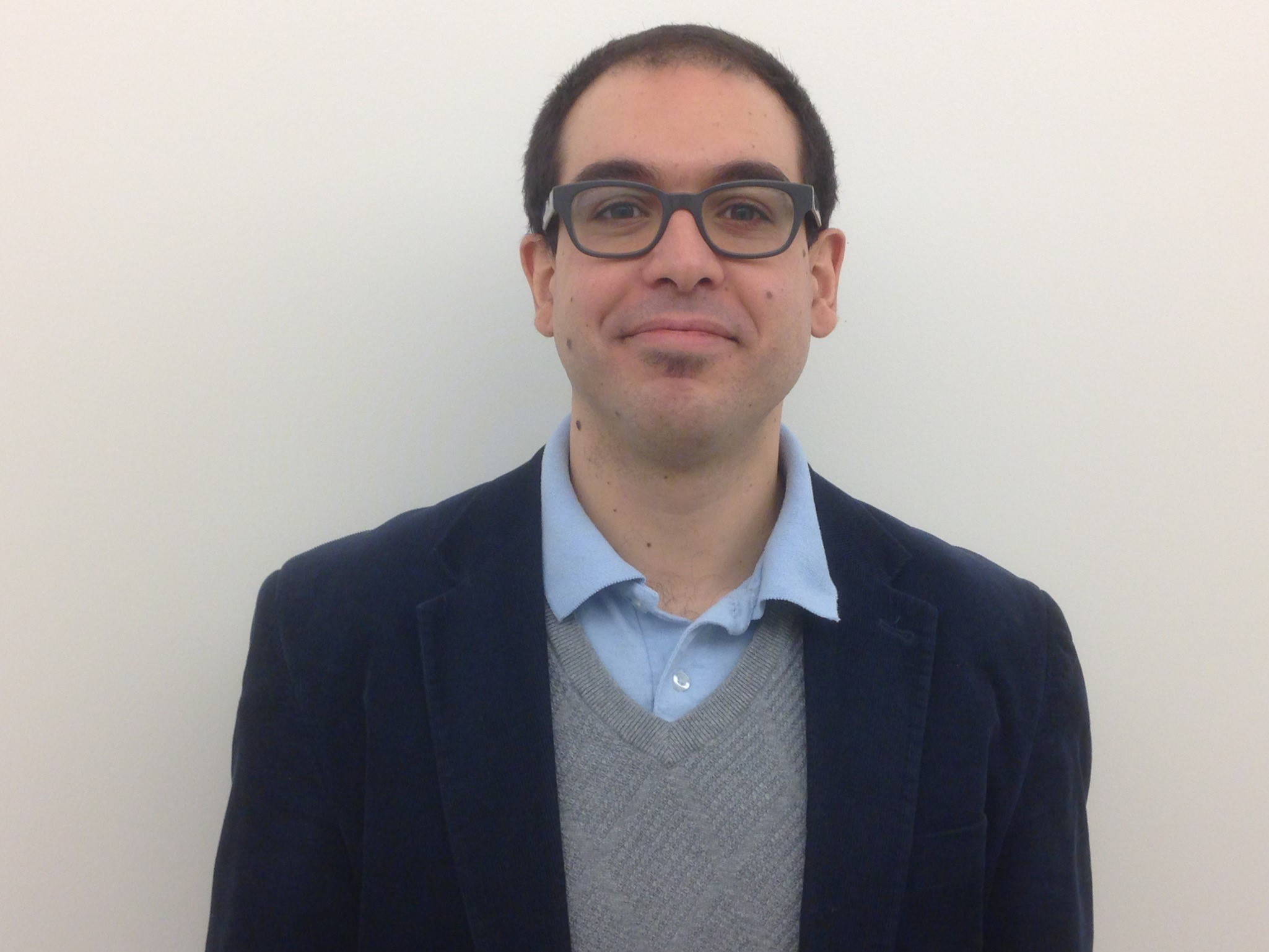
Mattia Quattrocelli, at the Center for Genetic Medicine, Northwestern University – Chicago, was awarded an MDA development grant totaling $180,000 over three years to study the effects of glucocorticoids on muscle repair and regeneration in Duchenne muscular dystrophy (DMD). The work, co-funded by the American Association of Neuromuscular & Electrodiagnostic Medicine Foundation for Research and Education (AANEM), is expected to help improve glucocorticoid-based treatment strategies in DMD.
With colleagues, Quattrocelli will examine the effects of steroids on dystrophic muscle repair and regeneration potential, and investigate the molecular circuitries linking these drugs to known pathways important in the pathology of muscular dystrophies.
Quattrocelli’s work could provide valuable insights for understanding the action of steroids in muscular dystrophy. The work will address muscle repair mechanisms as potential drug targets for muscular dystrophies and could help design corticosteroid regimens to support muscle repair and boost muscle growth, while minimizing side effects.
Please describe your current research in DMD.
At present, DMD patients are treated with chronic administration of glucocorticoids, although the mechanism by which these steroids exert their effect on DMD is not well known. Furthermore, the use of steroids in other forms of muscular dystrophy is not recommended. Chronic steroid use is associated with significant side effects like obesity, osteoporosis, growth suppression and — paradoxically — muscle degeneration, too.
With this project, we aim at advancing the knowledge about muscular dystrophies and glucocorticoid use along three lines.
- We will examine the effect of steroids on dystrophic muscle repair and regeneration potential.
- We will investigate the molecular circuitries linking these drugs to known pathways important in the pathology of muscular dystrophies.
- Finally, this work will provide valuable insights for understanding the action of steroids with regards to the role of other genetic mutations influencing the course of muscular dystrophy.
We will pursue these aims with the help of transgenic mice models, advanced cellular/genetic systems, and cutting-edge microscopy techniques.
The overarching aim is to specifically coax steroid regimens to support intrinsic muscle repair and boost muscle growth, while minimizing side effects. Thus, following a basic-to-translational trajectory, this project will critically address the muscle repair mechanisms as pharmacological targets for muscular dystrophies.
Is this your first MDA grant?
This MDA development grant is my first MDA Grant. I am honored to be sponsored by such an important institution involved in the fight against muscular dystrophies. This grant is very important to me, as it will prime me to an independent career in academic research.
What is your focus in the DMD field, and why is it important?
Within the muscular dystrophies, I focus on the genetic and cellular causes of muscle degeneration, with a particular focus on the chronic progression of the disease. This enables me to aim novel tools and novel strategies at slowing down degeneration and, if possible, at promoting regeneration.
Focusing on both genetic and cellular components of muscle degeneration is paramount to dissect where and when current therapies and novel approaches either fall short or are successful and how we can improve them.
What is the expected outcome of this research?
The expected outcome of my research is a better understanding of the fine effects of glucocorticoid steroids in dystrophic muscles. This will be germane to refine steroid regimens for DMD patients and to combine these drugs with novel therapeutic agents to maximize their beneficial effects on dystrophic muscles.
Why is it important that MDA continue to fund research in DMD?
The path from refined biological models to novel therapeutic strategies is always extremely difficult, particularly in the context of such complex diseases as the muscular dystrophies. It is fundamental for the MDA to continue funding research projects that improve understanding and treatment of muscular dystrophy by following a basic-to-translational path involving genetics, cell biology, and pharmacology.
Does your work have any potential implications for other disease fields?
My research in mechanisms of muscle degeneration and regeneration will definitely impact other fields, starting with the fathomable application to other muscle diseases and conditions, such as muscle atrophy. Additionally, refined knowledge of steroid effects in muscle will surely inform research and clinical management when steroids are used for treatment of other chronic conditions of inflammation, such as arthritis and immune system disorders.
To learn more about how MDA research is accelerating treatments and cures for DMD, please visit mda.org.
